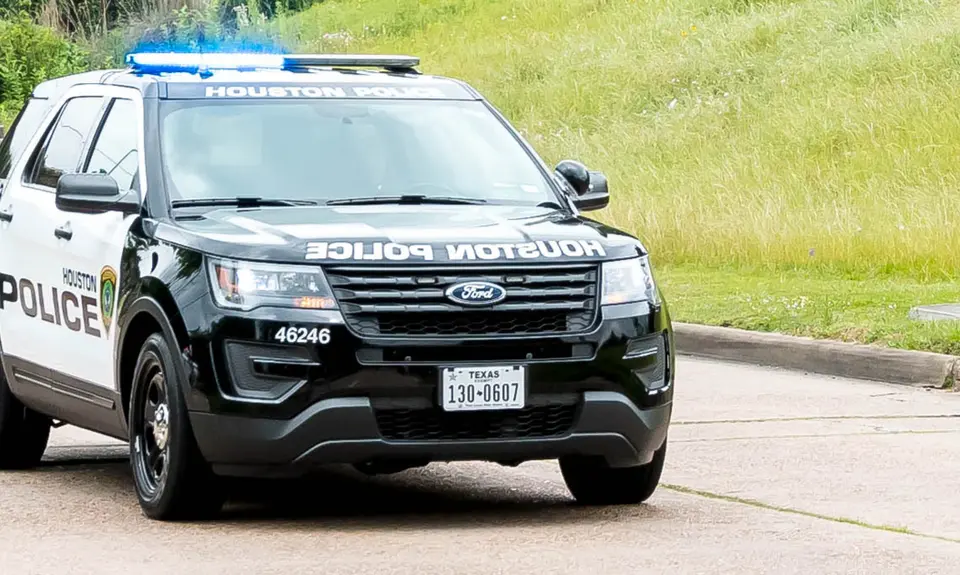“Confirmed Judges, Confirmed Fears” is a blog series documenting the harmful impact of President Trump’s judges on Americans’ rights and liberties. Cases in the series can be found by issue and by judge at this link.
Trump Eighth Circuit judge Ralph Erickson wrote a 2-1 decision upholding a state trooper’s warrantless search of a veteran’s car trunk, claiming that he had consented even though the trooper had clearly directed him to “pop that trunk.” The September 2021 decision was in US v Gastelum.
Arkansas state trooper Bernard Pettit stopped a car driving on an interstate for an allegedly unsafe lane change. The car was being driven by Army and Marine Corps veteran Aldo Gastelum, who had rented it earlier. After confirming Gastelum’s rental and other information and preparing a warning citation, Pettit asked him if he had any luggage in the trunk, which Gastelum said he did. The trooper then stated “Quick check of that and then we’ll be done. Alright, come on out for me and pop that trunk on your way out.” Gastelum began to comply.
Unfamiliar with the trunk release, Gastelum “fumbled” looking for it. As he was completing the task, the trooper said “You don’t mind if I look back there, do you? You don’t care, huh? That’s fine.” Gastelum popped the trunk as instructed and left the car. The state trooper searched a duffel bag in the trunk, found cocaine, and arrested Gastelum. A district court rejected a motion to suppress the results of the search conducted without a warrant, claiming that Gastelum consented to the search. The case was appealed to the Eighth Circuit.
Trump judge Ralph Erickson wrote a 2-1 decision upholding the warrantless search of the trunk. Although he acknowledged that the trooper’s “initial comment” about the trunk was “problematic,” Erickson concluded that under the “totality of the circumstances,” Gastelum had voluntarily consented to the search, including the later questions by the state trooper and the “relaxed” tone of the conversation.
Judge Jane Kelly strongly dissented. As she pointed out, when the government contends that a search without a warrant like this one is permissible because it is voluntary, it has the “burden to establish” that the officer actually received consent and that it was “freely and voluntarily given.” Based on the record, she continued, a “reasonable officer” would not have concluded that Gastelum voluntarily consented, as opposed to having “submitted” to the trooper’s “commands” that he “come on out” and “pop that trunk on your way,” regardless of the “relaxed” tone of the encounter. Once a police officer has “issued a command,” Kelly went on, it is “unreasonable to believe that a person can consent to a follow-up request” unless the officer has “clearly communicated” that the “issued command is no longer in effect.” That was not the case here, she wrote, since the officer’s “leading questions” like “you don’t mind” followed “closely on the heels of his command” and “did nothing to correct Gastelum’s understanding that he must comply,” as he continued to do. In short, Kelly concluded, the government “failed to establish” voluntary consent to the police officer’s search under relevant case law.
As a result of Trump judge Erickson’s ruling, however, the state trooper’s warrantless search of Gastelum’s trunk was upheld, and a troubling precedent was set concerning police officers’ searches without a warrant based on alleged consent. The case further reinforces the importance, as part of our fight for our courts, of the Senate expeditiously confirming Biden judicial nominees who will respect privacy and other constitutional rights.
